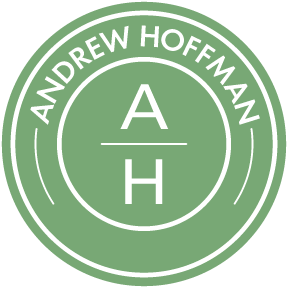The Rate of Exchange
It was great having Bob Lupton, author of Toxic Charity and 40 year veteran of community development in South Atlanta, in Fort Wayne for several days. It’s bittersweet to have someone with such an important message come to your community and challenge the way you do things. You end up spending time trying to hang onto every last bit that your organization is doing right while being challenged to stop doing what’s actually doing more harm than good.
One of the things Bob really drove home is the role of dignity in charity. Essentially, every interaction with someone in poverty should be met with an equitable rate of exchange. There is no one in our communities that don’t have something to offer in exchange for whatever we have. It’s our goal as organization leaders and community members to take the time to figure out what that rate of exchange should be. Talk about a process that will take forever because it’s going to boil down to every interaction we have.
I’ve been wrestling with this for quite a few years and have been trying to figure out how this works at NeighborLink. It can work and does work, but it requires a volunteer to be equipped with this ideology and intentionality to make it happen. If a volunteer wants to make sure they’re is an fair amount of exchange with the neighbor asking for help, they have the permission to ask.
What I haven’t been able to do is to figure out a way to systematically track what neighbors who are asking for help have to offer. This is where it would be great to leverage technology to do that, but since very few recipients actually have access to computers and post their own projects, it is hard to get that data. It will require a team of people to spend more time with the recipient on the front end. Great idea, but harder to get funded.
There is hope we can get to a more equitable system of charity, but it’s going to take more of our volunteers to begin thinking about how their actions can help or harm those they’re trying to help
It’s always harder to to what is right. It takes a lot of effort to end one-way giving because it’s going to take more of your time than your money and it’s going to take engagement in difficult relationship.
Sounds awesome, right?
